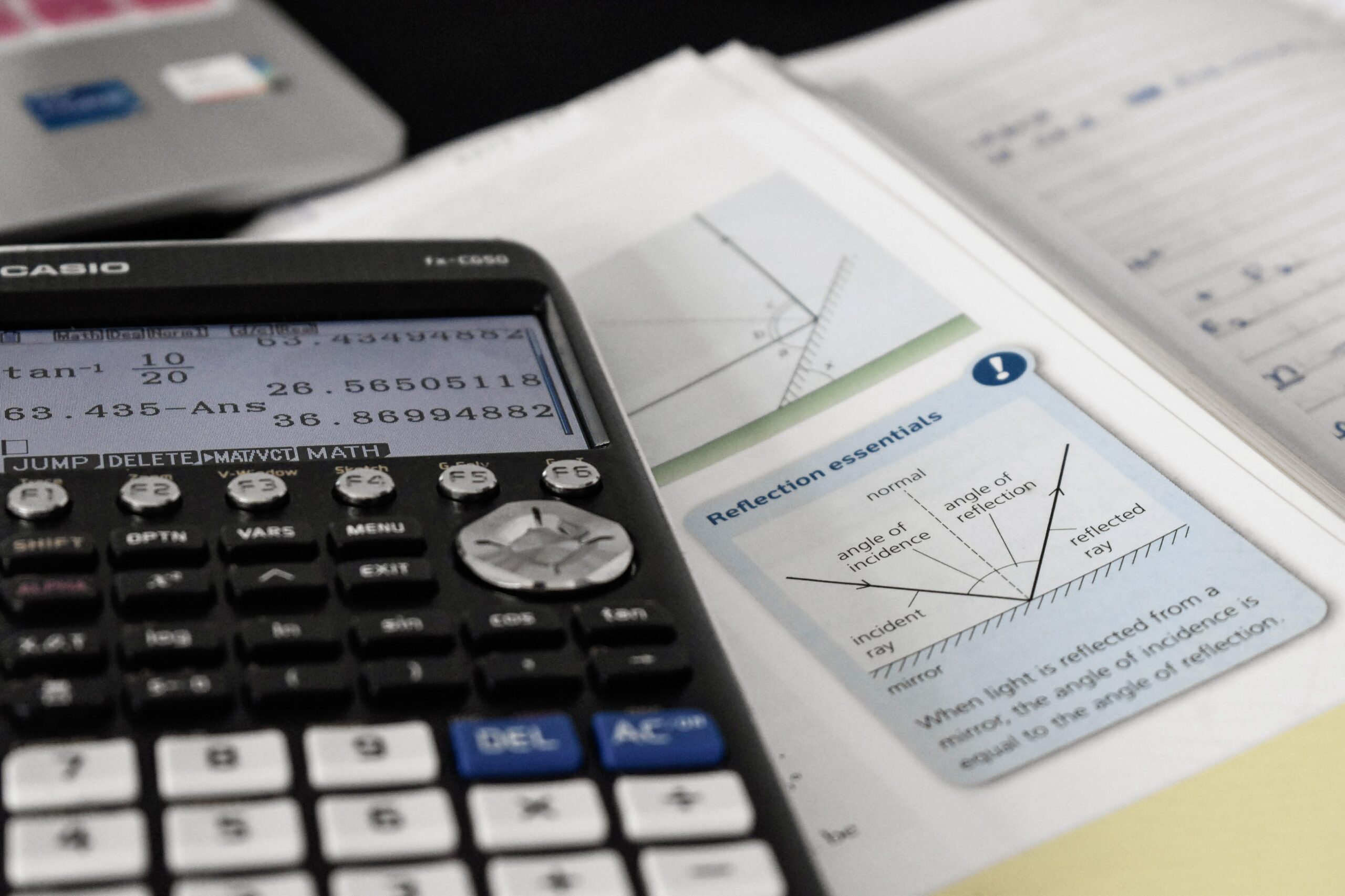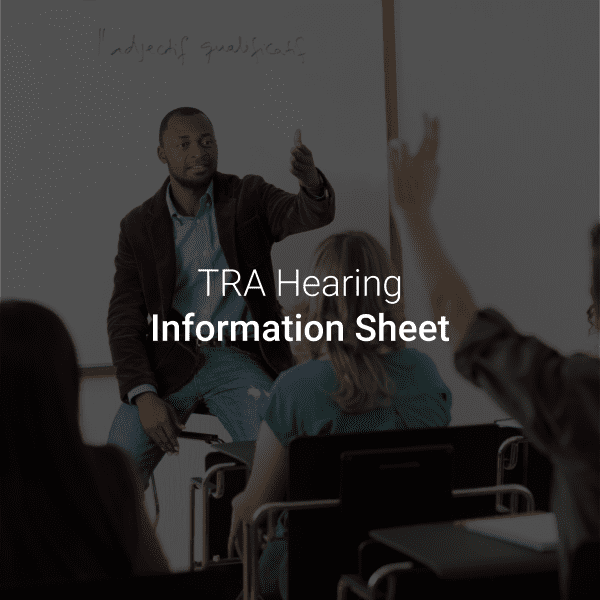How to Challenge Teacher-Led Assessment Grades
With no exams again going ahead this year, parents and students alike will find themselves in a position where their future academic goals are at the hands of the grades which their teachers deem to be correct.
The routes to challenging these teacher assessed grades take a different approach depending on if you would like to challenge the outcome before or after the grades have been submitted. Despite the differences in process, the General Qualifications Alternative Awarding Framework (GQAA): Guidance emphasises that unlike previous years where the learner may request a review, for teacher assessed grades the learner has a right to appeal and have their grades reviewed.
What to consider before an appeal
Before you consider appealing a grade, it is important to highlight that an appeal will not definitely result in an upward adjustment of grade, there is a possibility that throughout the appeals process the given grade could be deemed too high and thus be reduced upon appeal.
How to challenge a grade prior to submission
For challenging these grades prior to them being submitted, the teacher will have to collate evidence of the learners work throughout the year which they intend to use in support of their given grade, they should make the learner aware of what evidence they intend to use. Once the learner is made aware of what evidence is going to be used, the learner will have the opportunity to confirm that it is their own work and make the teacher aware of any mitigating circumstances that should be taken into account – for example you may feel that some of your work is not a true reflection of your ability and have a good reason for this.
How to challenge a grade once it has been received
If you have already received your grade the process is dealt with in 3 stages:
Stage 1
Appeal to your school or college, they will ensure that they have followed their processes correctly, if they find that they have made an error they can submit a revised grade to the exam board. The school/college will not be assessing if the teacher’s judgment of the grade was correct, but rather looking for any administrative errors.
Stage 2
If you would like to appeal further, the school or college can submit a formal appeal to the exam board on your behalf, there is no cost to the learner for this appeal. The exam board will check the schools/colleges processes have been correctly followed as well as if the exam board requirements have been met.
The exam board will also review the evidence used by the teacher to assess your grade, and assess whether the given grade was reasonable. If the grade given is deemed reasonable then an adjustment in grade is unlikely to be given.
Stage 3
If after the above appeals you disagree with the findings of the school/college or the exam board you can apply to have an appeal referred to Ofqual’s Exam Procedure Review Service (EPRS). They will investigate whether the exam board has made any procedural errors. If their investigations do not find any procedural errors, then the decision of the exam board in Stage 2 will stand.
Does anything change for students with special educational needs or disabilities?
Ofqual said it would not allow a separate appeals route for students with special educational needs or disabilities, and did not think it necessary to include additional guidance on possible bias or discrimination in assessing grades. Ofqual has published research on bias or discrimination in assessing grades and guidance on making objective judgements.
If you would like to talk through your options confidentially, please contact our Education Solicitors.




